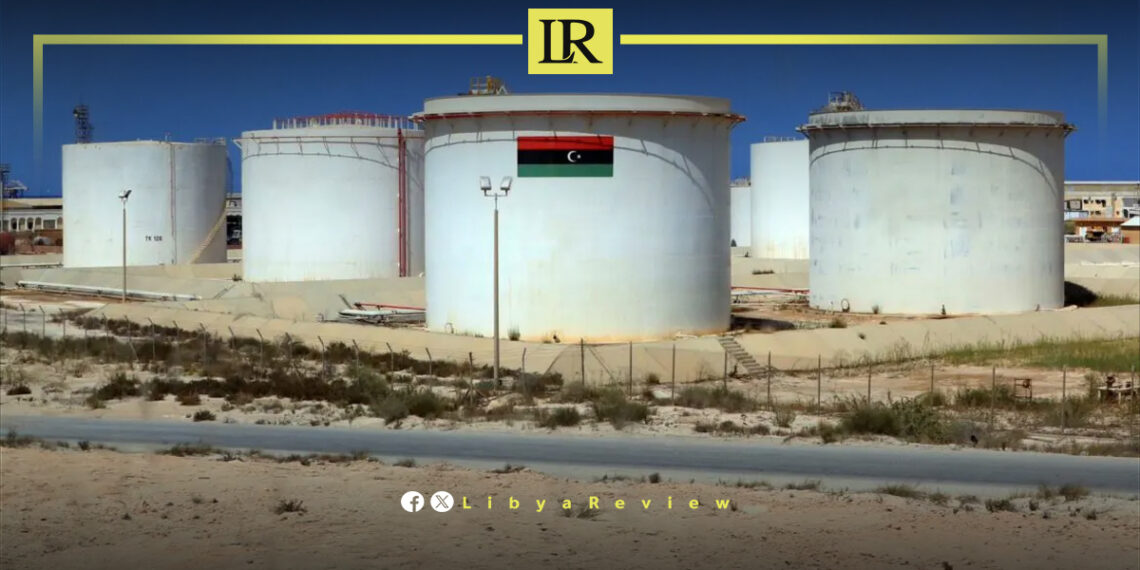Sarir Oil Operations Company, a key player in Libya’s oil sector, has successfully restored production at seven oil wells after completing essential maintenance. This achievement marks a positive development for Libya’s oil industry, which has faced significant challenges due to years of political unrest and infrastructure damage.
The National Oil Corporation (NOC) confirmed that Sarir completed maintenance on four wells, bringing two of them back to full operational safety standards. The company also restored production at wells “B22” and “B15,” each now producing over 1,000 barrels of oil per day.
The “B22” well had been out of operation due to technical issues since Sarir Oil took over operations from the previous operator in late 2020. After resolving these issues, the well has resumed production, helping to boost the country’s overall oil output.
In addition, Sarir completed maintenance on three other wells—“B14,” “B24,” and “B46”—without needing drilling rigs. The primary goal of this maintenance was to reduce the amount of water produced alongside oil, leading to a production increase of 2,000 barrels per day from these wells.
Libya’s oil industry is the backbone of its economy, but years of conflict and political instability have hindered production. The restoration of these seven wells is a part of the NOC’s broader plan to increase Libya’s oil output and stabilize the country’s economy.
Libya, which holds the largest proven oil reserves in Africa, has struggled to consistently produce oil at full capacity due to security risks and aging infrastructure. Sarir’s ability to bring wells back online without significant drilling efforts is a key step toward improving production efficiency and addressing some of these challenges.
Currently, Libya produces around 1.2 million barrels per day, but the NOC aims to push production to even higher levels. The restored wells from Sarir will play an important role in reaching these goals.
While the successful restoration of these wells is a positive sign, Libya’s oil sector continues to face numerous challenges. Political instability, fluctuating oil prices, and internal conflicts remain obstacles to achieving sustained growth in production.
However, the efforts by the NOC and companies like Sarir to rehabilitate key infrastructure indicate a strong commitment to rebuilding the sector. Increasing oil output will be critical to Libya’s economic recovery and its position as a major player in the global oil market.
International investors and stakeholders will be closely watching Libya’s ability to scale production in the coming years. With immense potential in its oil reserves, Libya’s future success in the oil sector will depend on ongoing investments in infrastructure, political stability, and security improvements.


